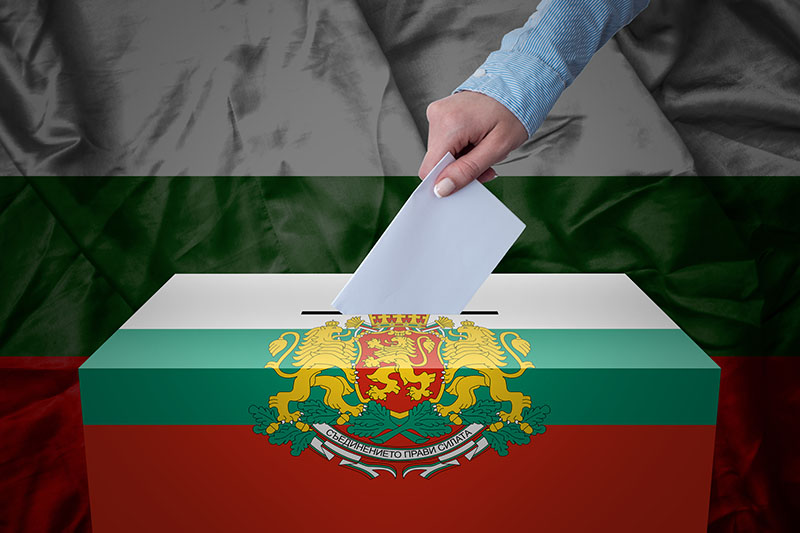Tingarov and Others v. Bulgaria, No. 42286/21, ECtHR (Third Section), 10 October 2023

The European Court of Human Rights (ECtHR) has recently ruled on a rather sensitive issue in the case Tingarov and Others v. Bulgaria, for which Bulgaria has already been condemned in 2016 (Kulinski and Sabev v. Bulgaria), This is the suspension of the right to vote (active and passive) for persons sentenced to prison, in violation of the right to free elections ex Article 3 of the First Protocol to the European Convention for the Protection of Human Rights and Fundamental Freedoms (ECHR).
The applicants, eight inmates of the Pazardhik Prison in Bulgaria, all serving prison sentences, complained that they had been unable to exercise their right to vote in the parliamentary elections held on 4 April 2021 and 11 July 2021. Article 42 of the Constitution, indeed, deprives those serving prison sentences of the right to vote, as also stipulated in the Electoral Law of 2014. The applicants considered that their right to vote under Article 3 of the First Protocol had been violated by the Bulgarian Constitution and the Electoral Law.
The Court underscored that, in order to guarantee the rights enshrined in Article 3 of Protocol No. 1, the Contracting States may decide to leave it to the courts to determine the proportionality of a measure restricting the right of convicted prisoners to vote, or to include provisions in their laws defining the circumstances in which such a measure should be applied. In the latter case, it is up to the legislature to balance the competing interests to avoid any general, automatic and indiscriminate restriction. The Court held that, in the present case, the constitutional and legislative provisions in question did not adapt the prohibition of voting to the circumstances of the particular case, the seriousness of the offence or the conduct of the offender. Concerning the Government's argument that States enjoy a wide margin of appreciation regarding people's right to vote, the Court recognised, as it already did in previous judgments, that such a margin exists but that it is not all-encompassing. A general, automatic and indiscriminate restriction of the right protected by Article 3 of Protocol No. 1 must be considered outside any acceptable margin of appreciation, however wide that margin may be in this field.
For these reasons, the ECtHR concluded that the suspension of the right to vote for persons sentenced to serve a term of imprisonment in prison, effected by both the Constitution and the Electoral Law, had been, due to its generalised nature, incompatible with Article 3 of the First Additional Protocol to the ECHR that Bulgaria had violated.
(Comment by Edin Skrebo)

